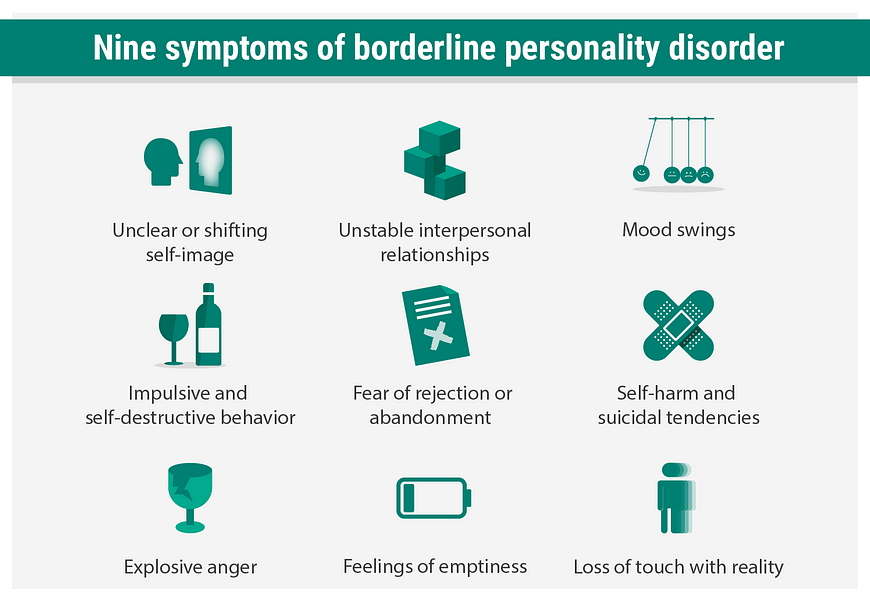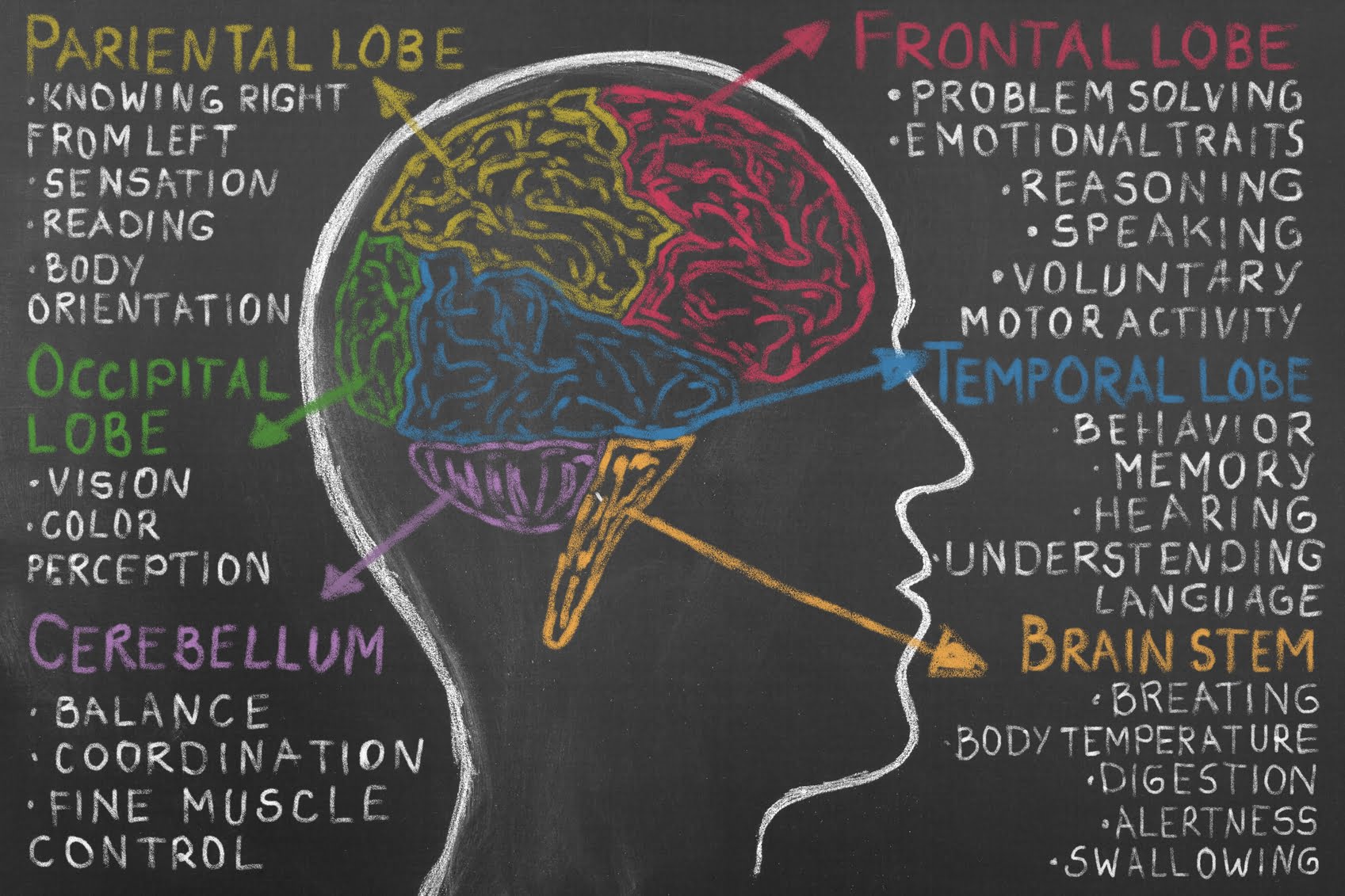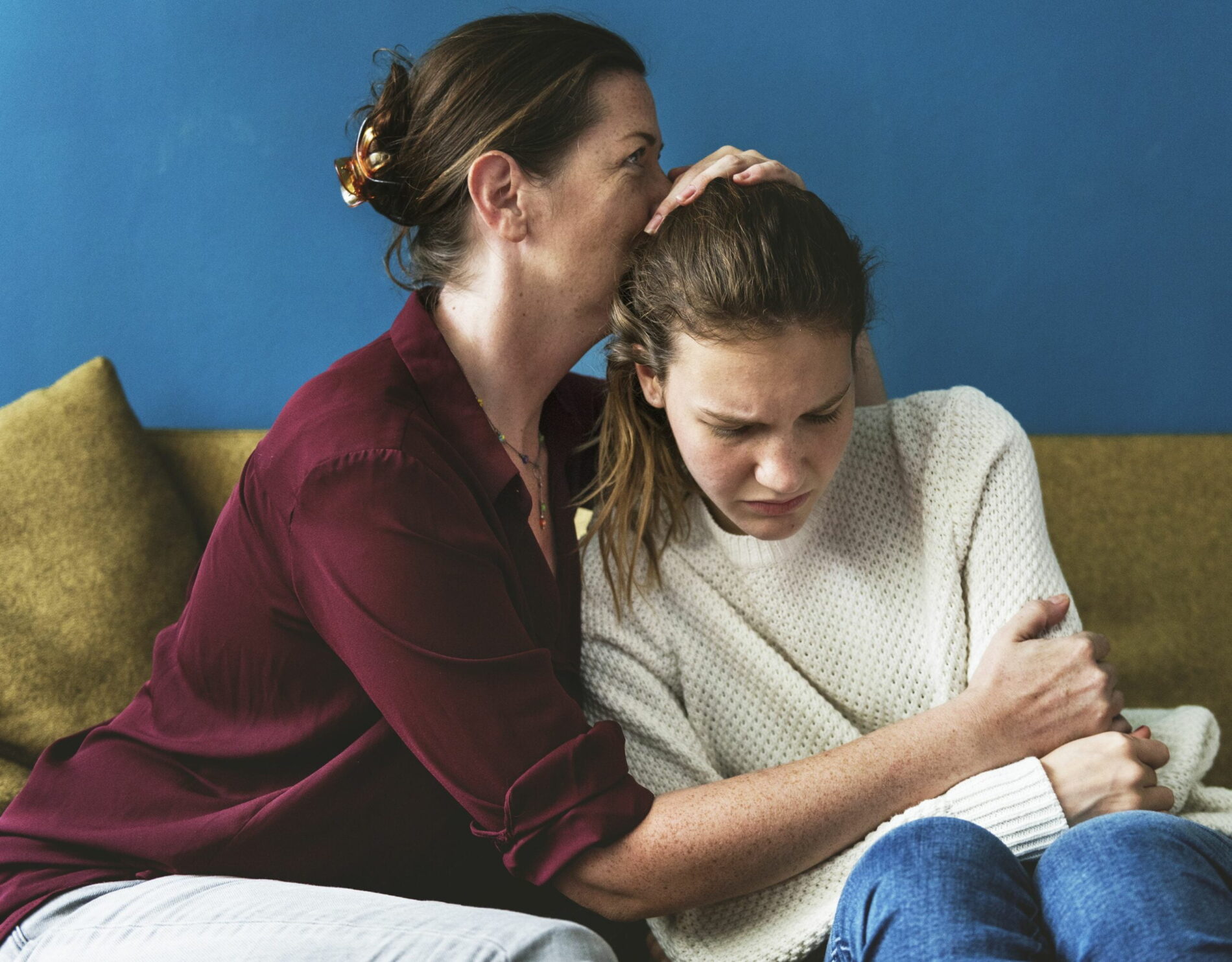It’s tough to be a friend, partner, or family member of someone with a borderline personality disorder. It can feel like you’re going crazy yourself while trying to help your loved one get better. But it doesn’t have to be that way. In this article, I’m going to talk about some tools to help a friend in dealing with BPD. You can find more resources in the article if you need them.
Contents
- 1 What do you need to know about BPD?
- 2 Helping Someone With BPD
- 2.1 Prioritize Self Care Foremost
- 2.2 Try learning some coping skills
- 2.3 Never forget that your friend/loved one has an illness
- 2.4 Avoid the temptation to isolate
- 2.5 Meditate/Breathe if anger arises during a situation
- 2.6 Always follow through with promises
- 2.7 Don’t ignore potential red flags
- 2.8 Be there for them even during difficult times
- 2.9 Never blame them for things out of their control
- 2.10 Be accepting (but don’t enable)
- 2.11 Don’t neglect your physical health
- 2.12 Learn to manage stress
- 2.13 Take time for yourself
- 3 Communicating with someone who has BPD
- 4 Supporting your loved one’s BPD treatment
- 5 Conclusion
What do you need to know about BPD?

The first thing you need to know is that BPD isn’t actually about wanting to hurt yourself or others. People with borderline personality disorder might say they want to divorce their husbands. They are feeling emotional pain. They don’t have the tools to cope without help from friends or family.
Signs of BPD

Following are the signs of borderline personality disorder:
- Unstable relationships
- Extreme mood swings or anxiety that doesn’t seem to go away no matter what you do
- Suicidal thoughts, threats of suicide, attempts at self-harm (it’s important to take these seriously!)
- Manic episodes where the person seems completely out of touch with reality and unable to communicate coherently
- Intense feelings of emptiness
Causes Of BPD
Unfortunately, the cause of BPD is unknown. In some cases, mental disorders might come from a traumatic event in childhood or from biological factors like genetic vulnerability and neurotransmitter imbalances. It is not certain what causes borderline personality disorder. The only way to get better is to take medication and do therapy.
Helping Someone With BPD

When someone has a borderline personality disorder, you need to get educated about it. This way, you can understand why they sometimes act the way they do. It may seem ridiculous at times but if you want your friend/loved one to trust you, understanding their disorder is important.
If they are willing to get help, you can support them. When they get angry with you, do not take it personally. They might be feeling anger from something different that is out of their control. People with BPD need a lot of support from friends who understand what’s happening in their minds. Showing them empathy is very helpful.
Prioritize Self Care Foremost
If you’ve been friends with someone for a long time, it can be hard to leave them when they start acting out. If your friend is having a hard time but can’t stop talking to you, don’t let their behavior make you mad. Keep yourself safe by not driving with them while they are angry. Be honest about what space and time you want or need. This person might be pushy, but self-care comes first!
Try learning some coping skills
When people are struggling with BPD like anxiety and depression, meditating can help them stay calm during emotionally overwhelming situations. Dialectical behavioral therapy (DBT) can help people with a borderline personality disorder. People who are looking for more coping skills can try DBT on themselves, but they need to ask their friends if that is ok with them.
Never forget that your friend/loved one has an illness
If someone you love has a borderline personality disorder, it is important not to take what they say personally. They might do things that seem like it’s about you but it’s not. People with mental illness often feel things that are hard to control. This is because they are sensitive people. If you know someone with mental illness, it’s important to remember that what they do is not about you as a person – it’s just about their condition.
Avoid the temptation to isolate
If someone has a borderline personality disorder, they may feel like other people abandon them. They might get upset if you leave them by themselves. But you will always come back, and tell the person that they should not worry about it.
Meditate/Breathe if anger arises during a situation
At first, talk to the person and reassure them. Tell them about your coping skills. If it’s not enough, walk away and then come back when you’ve calmed down. You can also call a friend or family member that you trust to talk about how the situation makes you feel.
Always follow through with promises
People with BPD might get angry if they think their feelings don’t matter to other people in their life because others didn’t follow up on what they said. Remember, this person has an illness. You should keep your promise, but sometimes people do not want help from friends or family anymore. When they tell you that they don’t want help anymore, say it is okay and that there are always ways to get better even though you won’t be helping them right now.
Don’t ignore potential red flags
Your friend might not think that talking about suicide or self-harm is a big deal. But if they are constantly talking about how bad things seem, you should seek professional help. Be aware of your limits and know when enough is enough – the person with BPD will be thankful later.
Be there for them even during difficult times
Your support can make all the difference between someone continuing on their path to recovery or falling deeper into despair. Remember that mental illness isn’t anyone’s fault no matter what they say/do because everyone deserves compassion!
Never blame them for things out of their control
People with borderline personality disorder are not responsible for being so sensitive. Borderline personality disorder makes people feel like they are always in danger of being abandoned. If someone does not know how to handle a situation, it is okay to walk away and find help.
Be accepting (but don’t enable)
Love the person with BPD, but remember that it is an illness. If you think something is not right, tell them that you want to get professional help so everyone gets the support they need. There are group therapy sessions that some people can go to. They help some people with borderline personality disorder feel better. There are apps that can help you if you feel alone. They are for people who have been through the same thing as you.
Don’t neglect your physical health
When you are helping someone with BPD, it is easy to forget your own needs. Sleep and exercise are important because you need to take care of yourself first. If you do not take care of yourself first, there will be nothing left for the other person.
Learn to manage stress
When someone you care about is struggling with BPD, it can be hard. It’s normal to feel overwhelmed, but you must take deep breaths and focus on the present moment. If anger arises in a situation (because of how irrational they might seem or statements that are untrue), meditate/breathe so that you don’t say something that you will regret!
Take time for yourself
Everyone deserves some “me” time even if their whole world seems like it has fallen apart. You might want to stay by their side all the time but it is a good idea to do other things too. You can send them a text or email during the day which will make them feel better.
Communicating with someone who has BPD
An important part of dealing with BPD is to learn how to communicate effectively. When things get heated and people start reacting the same way, you know it’s time to find a new way of communicating. It is not just illness. They are still the person you know – try to see them that way too.
Ask questions
It can be hard to ask people what they want without hurting their feelings. But when you know what is right for both of you, it will help people understand each other better. Talking about suicide is hard when you have to mention how it might affect someone. But when you talk about it, they know that you care.
Know when enough is enough
The person with BPD will thank you later. Be there for them even during difficult times: You can help someone who is recovering from something by being their friend. You can be someone they talk to, and you will know what they are feeling. Remember that mental illness isn’t anyone’s fault no matter what they say/do because everyone deserves compassion!
Never blame them for things out of their control
People with borderline personality disorder aren’t responsible for being so sensitive – this comes from having an illness that makes them feel like they’re always in danger of being abandoned. If you’re not aware of how to handle their reactions, it’s totally okay to come back to the conversation when you’re feeling calmer!
Give praise
When your loved one does something great, let them know. So much of someone’s self-worth is wrapped up in the negative things they think. So when they get compliments, it can make them feel better about themselves and encourage more positivity. It’s important to show that you are interested in what is going on in their life. Ask them questions about school and work.
Don’t take anything personally
People with BPD sometimes get angry. It doesn’t matter what you say, they will be mad anyway. If they don’t like something and it makes them feel bad, then just ignore them and that will make things worse.
Recognize when enough is enough
Your friend may not be trying to hurt your feelings, but if they are being too negative about something serious like suicide, try to step back and give both of you time apart. Don’t give up on them just yet. Take some time for yourself first before getting together again with less drama.
Listen actively and be sympathetic
People with BPD might say things that are out of line or disrespectful. This is not intentional. This happens because their illness makes them sensitive to rejection so they will do anything to avoid being abandoned. Do not take any of their words personally. When you confront them about these issues, the situation will only get worse by adding more fuel to the fire. Instead, listen actively which means giving advice in a sympathetic way without invalidating what your friend/loved one has gone through!
Be patient
It can be hard to wait for someone you care about to get better. But sometimes it is better not to expect too much from someone who has a borderline personality disorder. It takes time for them to learn how to trust people and also how to deal with BPD and emotions in a healthy way. If they are not ready for therapy, encourage them but do not push if they say no.
Supporting your loved one’s BPD treatment

People with BPD benefit from having a support system that can help them through the treatment process. Make sure to let them know that you’re there for them and that you’ll come with them if they need help. Follow up with visits by asking questions to make sure the person likes the house. This will make them feel cared about.
Practice self-care
You aren’t responsible for helping someone else get better but being too overwhelmed could lead you down an unhealthy path so make sure to take time out of each day just for yourself. This doesn’t mean neglecting everything because this will only create more problems in itself, rather find healthy ways to recharge so you have the energy needed for when it comes time to help your loved one!
Conclusion
Keep in mind that this is just a basic guide with some helpful tips on how best to support someone suffering from a borderline personality disorder. If you or anyone else are struggling right now, please reach out and get the help/support necessary today because life doesn’t have to be lived like this anymore – it’s up to everyone involved what happens next!
If you are looking for affordable Online Counseling MantraCare can help: Book a trial therapy session


